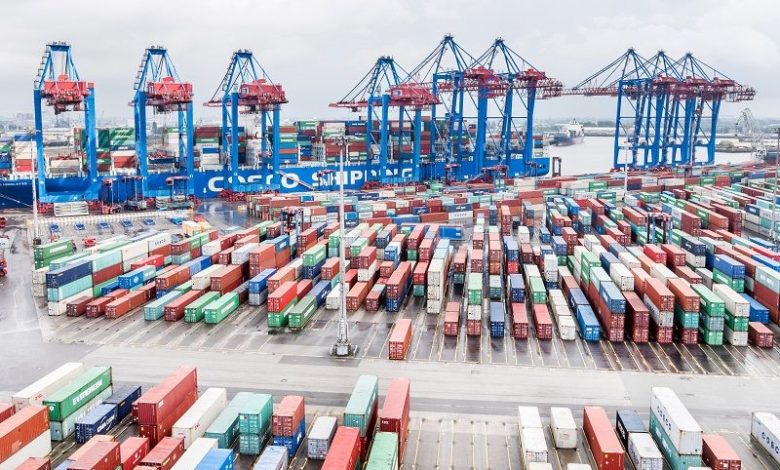Germany is having a national conversation about its economic ties with China, something that has come more into focus over a planned investment by state-run COSCO into one of the country’s port crown jewels.
The federal government continues to wrestle with the question of whether China’s largest maritime conglomerate can invest in the port of Hamburg.
COSCO’s terminal arm moved last year to take a 35% stake in the operator of the container terminal in Tollerort in the port of Hamburg, which would mark the first time ever that a foreign firm has been able to invest in this famous port.
Tollerort is one of three container terminals of the Hamburger Hafen und Lagerhausgesellschaft (HHLA), a company in which the local Hamburg government has a majority stake. HHLA and Hamburg’s mayor have approved the deal.
However, last month the Federal Ministry of Economics and Technology started to voice concerns about COSCO’s entrance. Berlin must approve the deal, and now an investment review procedure based on the Foreign Trade Act is under way.
Other COSCO investments in Europe have sparked controversy in the past, most notably the 2009 decision to take over Piraeus port in Greece.
Hamburg port executives are anxious to get the COSCO deal through with Axel Mattern, who heads up marketing, telling Reuters: “A rejection of the Chinese would be a disaster not only for the port but for Germany.”
Mattern stressed the COSCO deal was for a minority stake and involved no sale of land.
COSCO is already well entrenched in the city, operating its intra-European brand, Diamond Line, from there.
The /COSCO debate is part of wider discussion Germany is having about its interaction with China, with many businesses now openly talking of scaling back business there.






